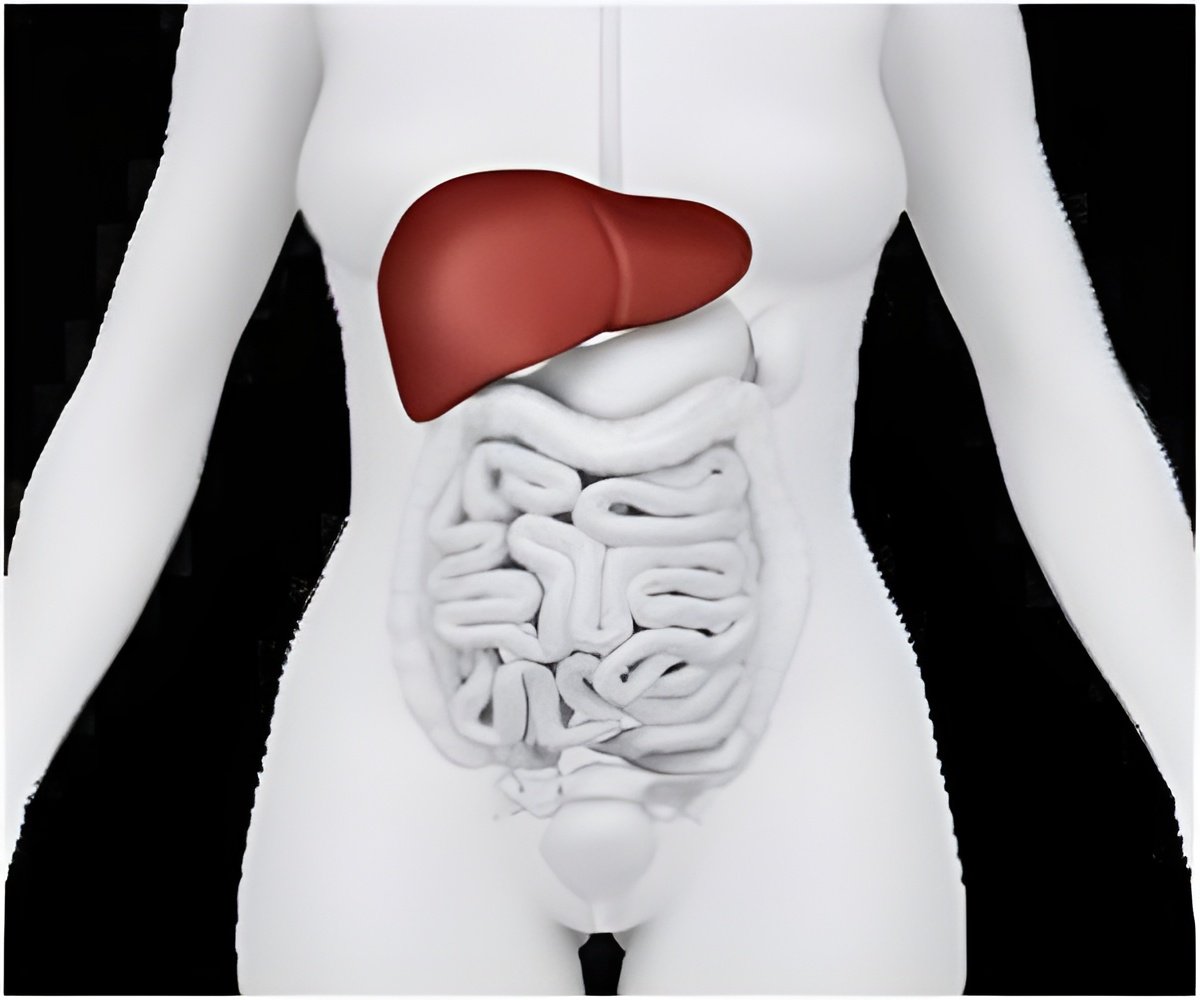obesity accelerates cirrhosis progression and measures to reduce BMI could improve the prognosis for patients with advanced liver disease.

Prior studies have shown that obesity is a frequent cause of chronic liver disease that can progress to cirrhosis, and one study estimated that 17 percent of liver cirrhosis is attributable to excess body weight.
Further studies found lower survival rates among patients with cirrhosis caused by obesity-related liver disease than from viral cirrhosis.
"Given the prior evidence of the detrimental effects of obesity on chronic liver disease, we hypothesized that increased BMI may increase the risk of transition from compensated to decompensated cirrhosis," Dr. Guadalupe Garcia-Tsao, Professor of Medicine at Yale University School of Medicine in Connecticut, said.
The research team recruited 161 patients with compensated cirrhosis from a trial of betablockers used for varices prevention.
"Patients who are overweight or obese are at greater risk of accelerating the progression of cirrhosis," Garcia-Tsao said.
Advertisement
The findings have been published in the August issue of Hepatology, a journal published by Wiley-Blackwell on behalf of the American Association for the Study of Liver Diseases.
Advertisement















